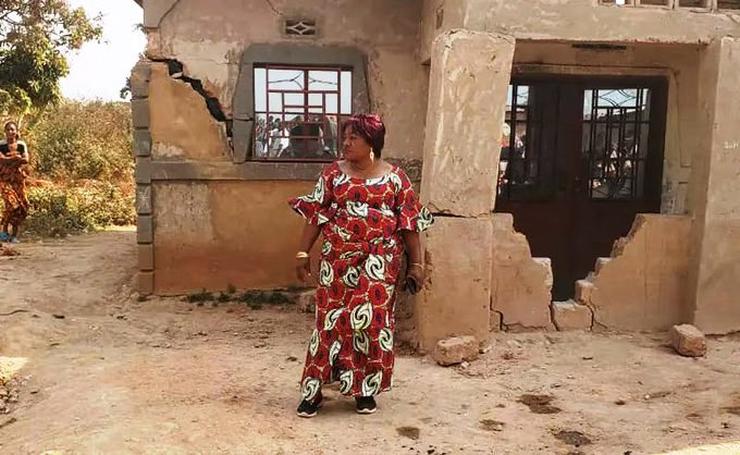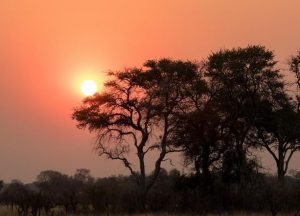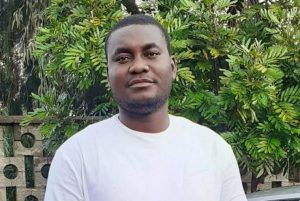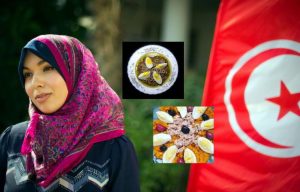She is the leader of a cooperative of artisanal miners in the Democratic Republic of the Congo (DRC). “Our story is also about resilience, empowerment and our fight for survival for ourselves and our families.”
My story is not easy to tell. It is full of pain, one shared by countless women who work in mining in the Democratic Republic of the Congo (DRC). I live in the province of Lualaba, the capital of the world’s largest deposit of cobalt, an urgently needed mineral for computer batteries, smartphones, and electric cars. Our story, however, is not just about pain; it is also about resilience, empowerment and our fight for survival for ourselves and our families.
I was a young girl in the 1990s when multinational companies came to Lualaba. Their arrival and the liberalization of the Congolese mining sector in 2002 facilitated the quasi-privatization of Gécamines, our national mining company.
Previously, the profit from Gécamines financed the basic government social services given to local communities. With quasi-privatization however, these services ended. People in our communities also lost their jobs. Foreign mining companies did not hire local people other than for manual labour because they said we did not have the necessary qualifications.
Families, including my own, fell on hard times. Our poverty was in great contrast to the multinationals who got richer by taking our country’s wealth. Left to fend for ourselves, many of us went into artisanal or subsistence mining. This meant digging by hand for copper and cobalt ores contaminated with uranium. We faced many challenges: financial insecurity, forced displacement, health issues due to radiation exposure and contact with contaminated water.
The women were the biggest losers. We experienced sexual harassment and violence. We were excluded from working directly in the industrial and artisanal mines. Traditional patriarchal beliefs forbid us from entering mine shafts.
This left young girls and women no choice but to work in the cleaning and transport of minerals, exposing us to toxic water. Worse again, we sold our mining products to these multinationals and traders at extremely low prices. However, it was this hazardous and unsafe work that put food on my table and enabled me to finish my studies.
As a mother, I have committed myself to protecting the rights of women, so they do not have to experience what I went through. I started a mining cooperative. I bring women together so we can mine with dignity. By forming a cooperative, we created an environment that provides us with the training, guidance, and skills we need to work safely and sustainably.
Today, we continue our fight against human rights abuses, especially against women and children. We seek alternatives to mining. However, all this is not enough. Multinational mining companies still operate with impunity and exploit us. We still face huge challenges as the demand for copper and cobalt increases.
It is important that we continue to advocate for human rights and to make companies accountable for the harm they do. We understand that development is necessary but not at such a cost to our people. We need to promote sustainable development based on equality, justice, transparency and accountability.






